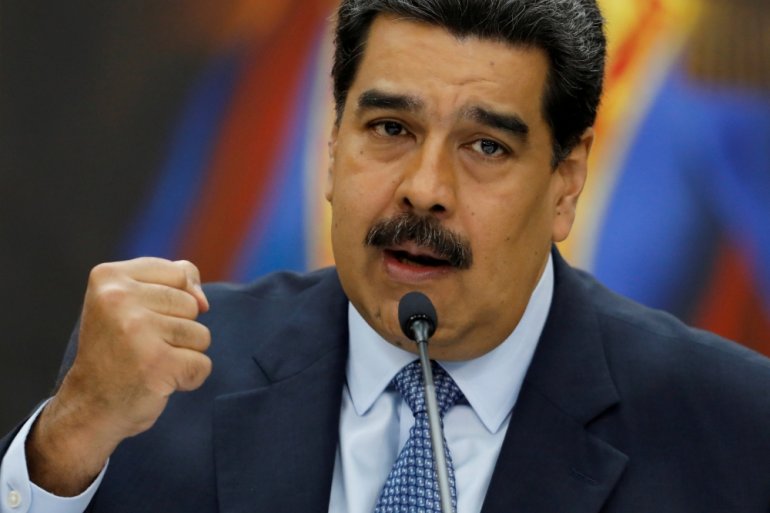Venezuela has misrepresented the ruling by the International Court of Justice (ICJ) on Guyana’s request for measures to block questions in its Dec. 3 referendum on the Essequibo.
In a Communique after the hearing, Venezuela said that the World Court’s decision “demonstrated that Guyana is not a victim, has no title over the territory in dispute, is a de facto occupier and has repeatedly violated the Geneva Agreement and international legality by unilaterally granting concessions in the land territory and in the waters pending delimitation…”
But the ICJ, in coming to its unanimous decision, said Guyana’s right to sovereignty over its Essequibo region “is plausible” since it was awarded the territory back in 1899.
Here is an excerpt from the World Court’s ruling:
“The Court recalls its finding in the 2020 Judgment that a land boundary dispute exists between the Parties. It further observes that the territory which forms the object of that dispute was awarded to British Guiana in the 1899 Award… For these reasons, the Court considers that Guyana’s right to sovereignty over the territory in question is plausible.”
Venezuela also claimed that Guyana “facilitated its territory for the military deployment in our region of the main warmongering power in the planet.”
Guyana pursued assistance from its strategic partners like the U.S. and Brazil after Bolivarian troops were posted at the shared border with Venezuela.
Guyana’s stance was defended by its Vice President Bharrat Jagdeo who said “Let me make it clear: we have to defend, by all means, this country. We are not a war-mongering nation but we got to protect this territory and our country.”
And while Venezuela asserts that Guyana is acting in violation of the Geneva Agreement, it is the United Nations Secretary General, by virtue of the Geneva Agreement, who referred the matter to the ICJ. The Court has affirmed its jurisdiction, which Venezuela refuses to accept.
The World Court unanimously granted the following provisional measures to Guyana:
- “Pending a final decision in the case [on the validity of the 1899 Arbitral Award], the Bolivarian Republic of Venezuela shall refrain from taking any action, which would modify the situation that currently prevails in the territory in dispute, whereby the Cooperative Republic of Guyana administers and exercises control over that area.”
- “Both parties shall refrain from any action which might aggravated or extend the dispute before the Court or make it more difficult to resolve.”
The Court declined Guyana’s first three proposed measures targeting Venezuela’s planned referendum. Instead, the granted measures broadly align with Guyana’s fourth and fifth petitions, focusing on the administration of the disputed territory and the possible escalation of the dispute.



